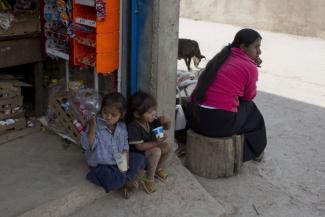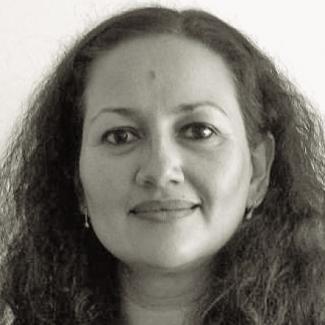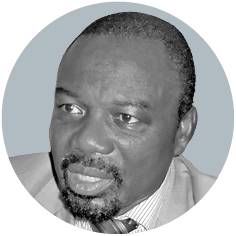Racism
Daily discrimination

In April 2017, the Instituto Nacional de Estadística y Geografía (INEGI), the governmental agency for statistics and geography, triggered a broad-based public debate by publishing research results concerning skin colour. INEGi defined 11 different complexions and ran a survey to find out what they stood for in people’s eyes. The result was that dark skin was associated with poor education while a light skin was believed to indicate educational achievements. In a similar vein, light skin was read as a sign of successful careers.
Emotions ran high on social media. Some argued that the survey had only found out what was obviously the case anyway. Others claimed that the survey was designed to split society. Apparently, the way the media cast people of different ethnic backgrounds matches the survey results. Whether the assumptions are actually true is a very different matter, of course.
Social disparities are reinforced by linguistic discrimination, moreover, as is evident on social media and internet forums that focus on social issues. The members of the political, economic and intellectual elite are prone to using adjectives and attributes that express their sense of moral superiority. Specific terms, including “Indio”, serve to brand “the others” as dark-skinned and inferior in business affairs. Language is thus used to discredit and ridicule the causes of society’s lower strata.
On the other hand, some terms with colonial connotations serve to label the elites. “Mirrey ” sounds like “virrey” (viceroy) and means “milord”. The term indicates a person whose privileges do not derive from personal merits but from belonging to the privileged class. Mirreys show off their wealth and power. They are likely to express contempt for the country’s social setting, without, however, acknowledging that their own position is firmly rooted in it. Mirreys are not bound by the rules that apply to everyone else. They know they enjoy impunity and don’t hesitate to make use of that privilege. (vm)














